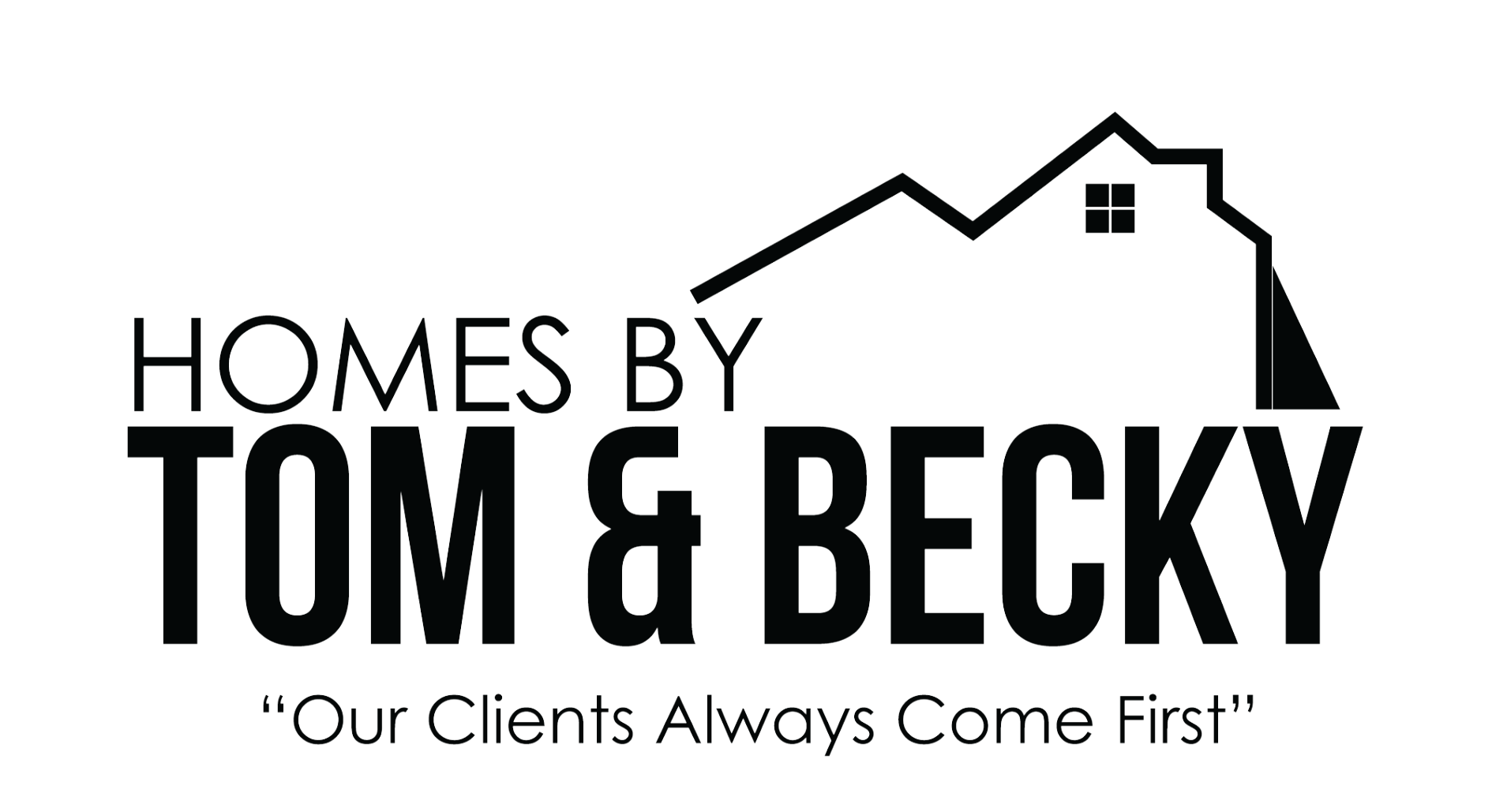Investment Terminology

The following will familiarize you with terminology regarding Apartment Investments:
Bread and Butter Properties
Properties that are generally older, in need of repair and located in poorer neighborhoods. These properties generally produce more income relative to purchase price than pride of ownership properties produce.
Gross Scheduled Income (GSI)
The amount of income that potentially could be generated if all the units remained rented for an entire year. This income could include other miscellaneous income generated from rented storage units or garages etc.
Gross Operating Income
Equals gross scheduled income minus vacancy allowance.
Net Operating Income (NOI)
Equals gross operating income minus operating expense
Gross Operating Expense
Total of all expenses of the property with the exception of interest expense on all loans on the property.
Net Income or Net Cash Flow (scheduled) (NOI)
This is the amount of money remaining after deducting, from the Gross Scheduled Income, all expenses of the property including but not limited to the following expenses: Real Estate Taxes, Insurance, Utilities, Landscaping, Maintenance, Interest on all loans on the property, Management, Advertising, Trash Removal.
Gross Spendable Income (GSI)
Equals net operating income minus the loan payment, including principal and interest.
Gross Rent Multiplier (GRM)
Price divided by the Gross Scheduled Income per year. Properties in Orange County sell for gross rent multipliers from approximately 10 x gross for the worst properties in the toughest areas to 20 to 25 x gross in the best beach areas.
Return On Investment (ROI)
A percentage figure equaling the net income from the property per year divided by the amount of money invested to purchase the property.
Capitalization Rate (CAP RATE)
The rate of return from the property obtained by dividing the Net Income Per Year by the Purchase Price. When an investor pays all cash for a property (purchases the property with no loan) the capitalization rate is the same as the return on investment.
Price Per Unit (PPU)
The Purchase Price divided by the Number Of Units purchased.
Vacancy Allowance
This is a monitory allowance for potential vacancy (usually expressed as a percentage of Gross Scheduled Income) that the property may experience over the course of a year.
Leveraged Investment
Leverage as it relates to Real Estate is the ability to own property that is worth an amount usually much greater than the amount invested. Example: When an investor purchases a property and does not pay all cash, in other words he obtains a loan to purchase the property, the investor is considered to have purchased a leveraged investment. Using 20% of the purchase as a down payment would be considered greater leverage than putting down 50%. In this instance, the investor would be purchasing property 5 times the amount of his cash invested as opposed to 2 times the amount of his cash invested thereby yielding the investor greater leverage by greater use of the down payment funds.
Unit Mix
Example: A four-plex may contain: (1) 3 bedroom – 2 bath (1) 2 bedroom – 2 bath (2) 2 bedroom – 1 bath
Master Metered Building
This is a building, for example, that has only one meter for the gas or electric utilities. Generally this means that the owner of the property pays for all the gas or electricity for the tenants use. Most buildings have a central hot water heater thereby causing the owner to be responsible for the cost of heating the water. In the case of properties having separate hot water heaters, gas meters and electric meters the expense charged to the owner of the property is less than in the case of master metered buildings.
Enclosed information is deemed reliable but is not guaranteed.



